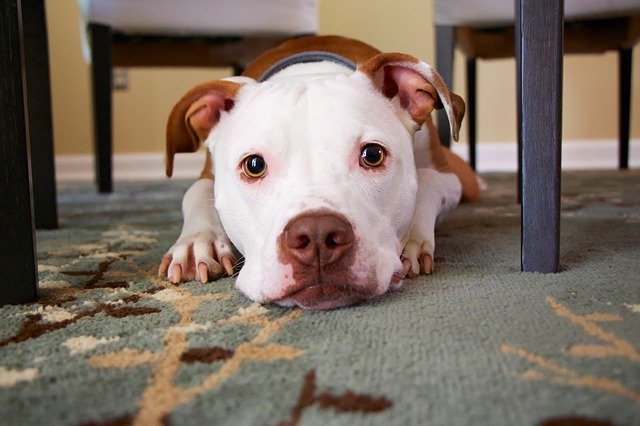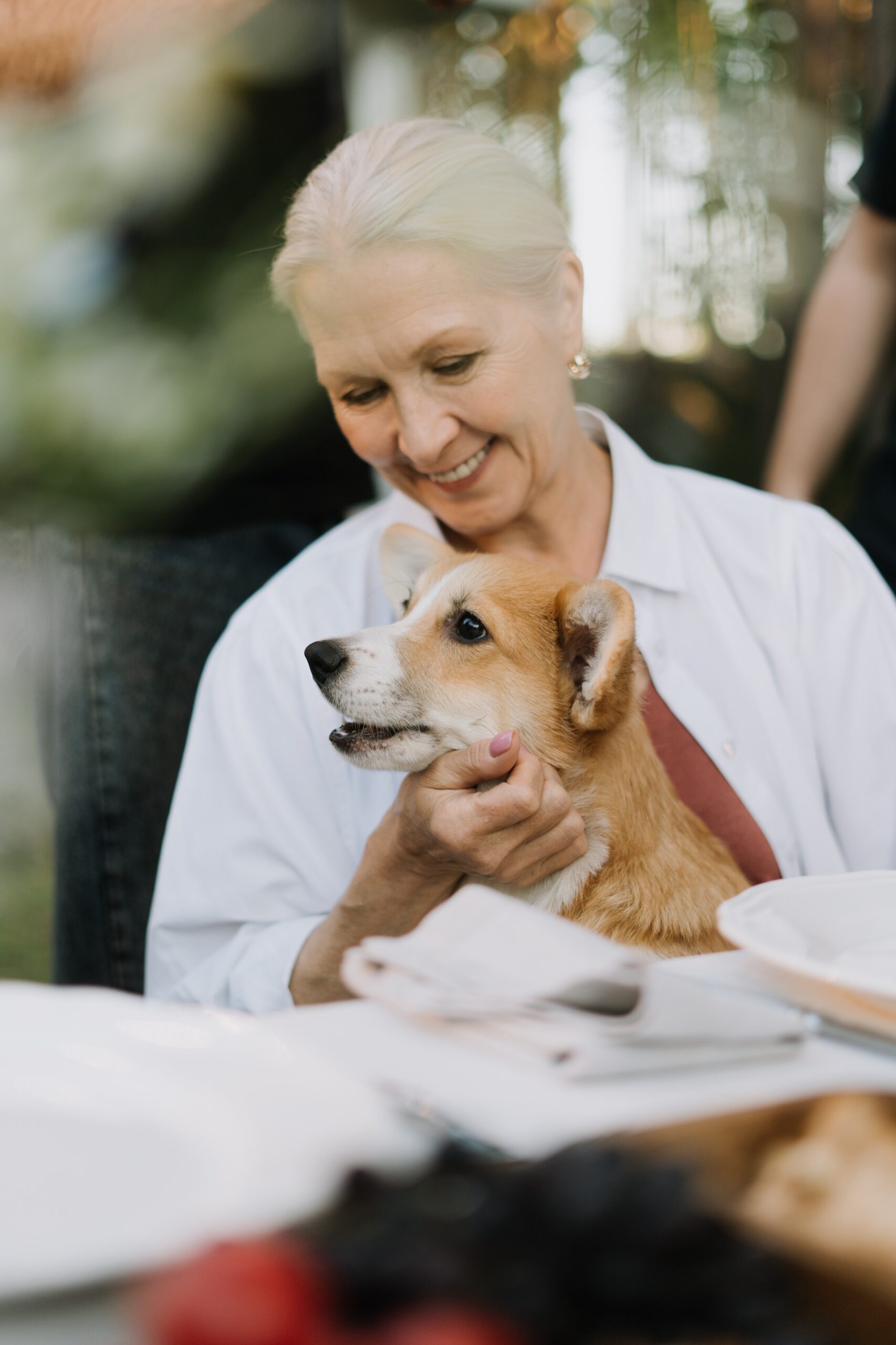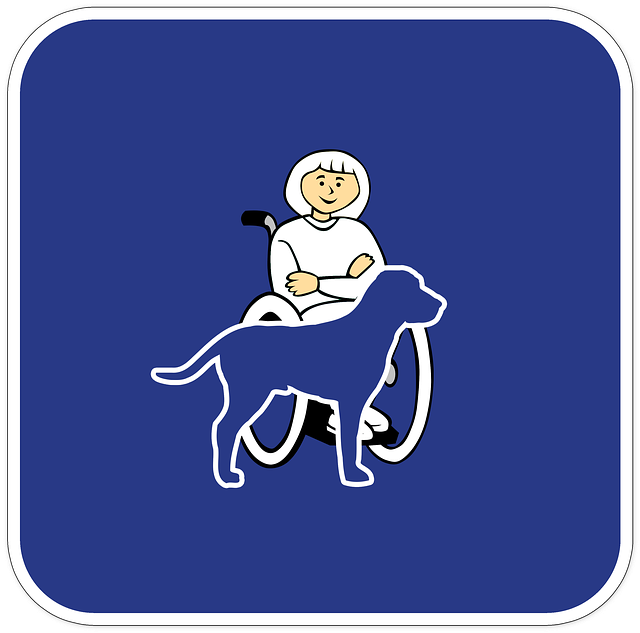 What will happen to your dog if something happens to you?
What will happen to your dog if something happens to you?
A few years ago, I sustained an injury serious enough to send me to an emergency room. After several hours, I was admitted to the hospital, followed by surgery and a five-day stay. But this is not about me; this is about what would happen to my dogs if I wasn’t lucky enough to have my son help care for them. Recovery took several weeks more, and I had too many restrictions to be able to care for my dogs on my own fully.
Any health emergency or physically debilitating event is frightening and stressful enough without the added worry of who will take care of our dogs. So, I urge all pet parents to be prepared in advance in case an unforeseen devastating illness or accident should ever occur and send your household into complete turmoil.

Three things need to be in place to secure care for your dogs if you are involved in an emergency and cannot care for them yourself.
The first thing to do is take a large manila envelope, print your name, dog’s name, address, and phone number across the front, and attach it to a designated area or storage container. Your dog’s veterinary health records should also be included in that envelope, along with other emergency contact information.
 The second thing to initiate is a designated area, cabinet, or storage container to house all the items your dog needs for daily care or a list of what items should be included. Include a detailed description, location, and perhaps even photos of these items and where they could be found. Some of these items can be duplicates of the ones currently in use. Remember, if you are unavailable, the person who needs to gather all your dog’s belongings will be grateful for the organized help.
The second thing to initiate is a designated area, cabinet, or storage container to house all the items your dog needs for daily care or a list of what items should be included. Include a detailed description, location, and perhaps even photos of these items and where they could be found. Some of these items can be duplicates of the ones currently in use. Remember, if you are unavailable, the person who needs to gather all your dog’s belongings will be grateful for the organized help.
Necessary items for your dog’s care may consist of a leash, collar, harness, sweater, coat, blanket, bed, pee pads, treats, food and water bowls, shampoo, comb, brush, toothpaste, toothbrush, medications, toys, and food. Any allergies, health issues, and medications should be listed separately, even if it’s part of your veterinary records. Don’t forget about Tick, Flea, and Heartworm products. Your dog’s feeding and walking schedules should also be added to the envelope.
The third thing you need to implement is an updated list of at least three people who will either take care of your dog or bring it to a facility where they can be cared for in your absence. If you use a reliable boarding facility that you’re comfortable with or if your veterinarian provides boarding, that would be a perfect place to list as an emergency option. If you have no experience boarding your dog, it‘s a good idea to research and visit a few places should the need arise. You’ll feel much better knowing where your dog is going rather than sending your dog to a strange facility.

Having someone you trust to handle any payments required from a veterinarian or boarding facility is a good idea. Additionally, there may be expenses for food or supplies.
Again, that information should also be part of the file you created and put into the envelope.
Because people are never well prepared for the unexpected, think about who will care for your dog if you can’t. Having a well-trained and socialized dog may be the difference between having your dog boarded or staying with a friend or relative in case of an emergency.






